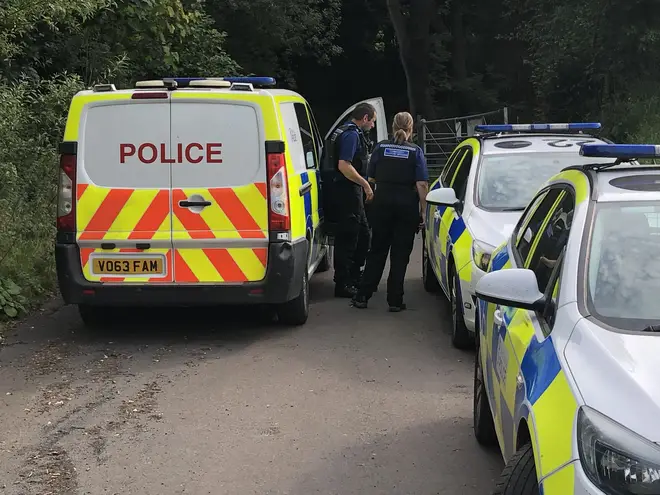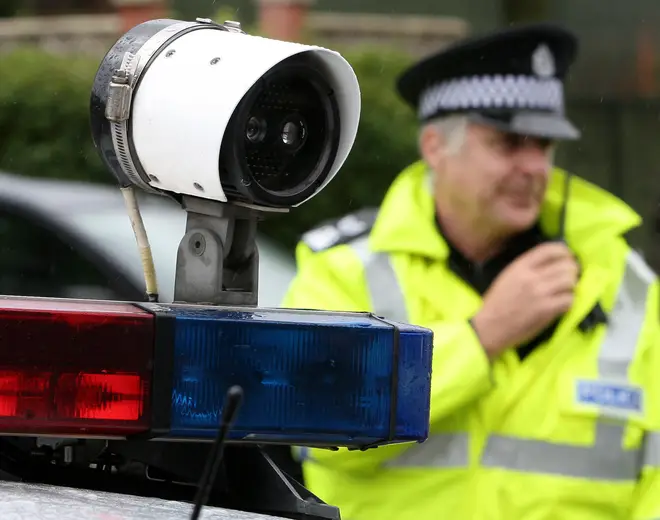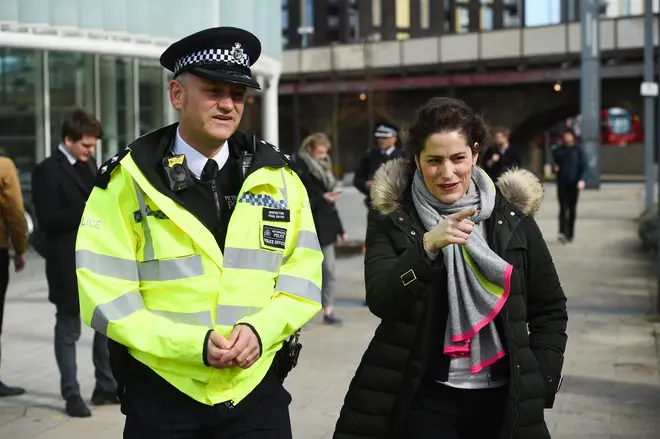
Ben Kentish 10pm - 1am
19 November 2020, 21:17

County lines violence is spreading from large cities to smaller towns due to Covid-19, charity bosses have warned.
Charity representatives told a committee of MPs that the exploitation of young people by drugs gangs was no longer an "urban phenomenon", as tactics had evolved partly in response to enhanced policing in large cities over lockdown.
Speaking at the virtual All-Party Parliamentary Group (APPG) on Knife Crime meeting, which was focusing on child criminal exploitation, Joe Caluori from Crest Advisory said the "pattern of exploitation" was becoming more focused in "seaside and market towns".
Mr Caluori, who is the crime and justice consultancy's head of policy, said: "The county lines operating model has been evolving in response to police tactics, like the use of ANPR (Automatic Number Plate Recognition) and British Transport Police tightening up on the rail network, and better safeguarding practices in urban local authorities ... some of those changes seem to have been generated by Covid.
"What this means in practice is that more of the grooming and exploitation that used to happen in urban areas is moving down the supply line into what we call the county bases where the actual dealing cases take place."

Mr Caluori added: "In county bases, where you get over-supply in the market in terms of illegal drugs, violence is inevitable ... and perhaps most worrying of all is the growth of local postcode gang activity in Ipswich and Medway.
"(In these places) some of the gangs that are forming are perhaps - in a London or Birmingham or Liverpool context - the kind of geographic gang patterns we were seeing 10 years ago or so.
"We can't think of county lines exploitation as an urban phenomenon anymore."
He added that a "lack of national strategy" to tackle gangs meant there were now "huge inconsistencies between (policing in) different areas", and many localities were ill-equipped to deal with problems previously confined to large cities.
Barnardo's chief executive Javed Khan told the APPG, which was chaired by MP Florence Eshalomi, that vulnerable children targeted by county lines were feeling a "poverty of hope" because they "don't dare believe in a positive future" and that "Covid-19 has made it much much worse".
He said: "There are even more vulnerable young people now who are easy prey for exploitative gangs.
"Child criminal exploitation hasn't stopped during Covid-19, it's adapted."

Mr Khan added that over 30,000 young people had been referred to the See, Hear, Respond programme led by Barnardo's and funded by the Department for Education to help children and parents who were experiencing increased adversity during coronavirus.
The APPG heard anonymous audio clips of young people recorded by Barnardo's' Routes service which helps children at risk of serious violence, saying they wanted "a new life away from bad people" and they were "terrified" of gangs.
Minister for safeguarding Victoria Atkins told the committee the Home Office had invested a "£25 million package" in responding to county lines issues.
She added that the Government had invested in 18 violence reduction units around the country, "specialist support services" for under-25s in London, Merseyside and the West Midlands, and a national helpline to provide advice for those with concerns about exploitation.